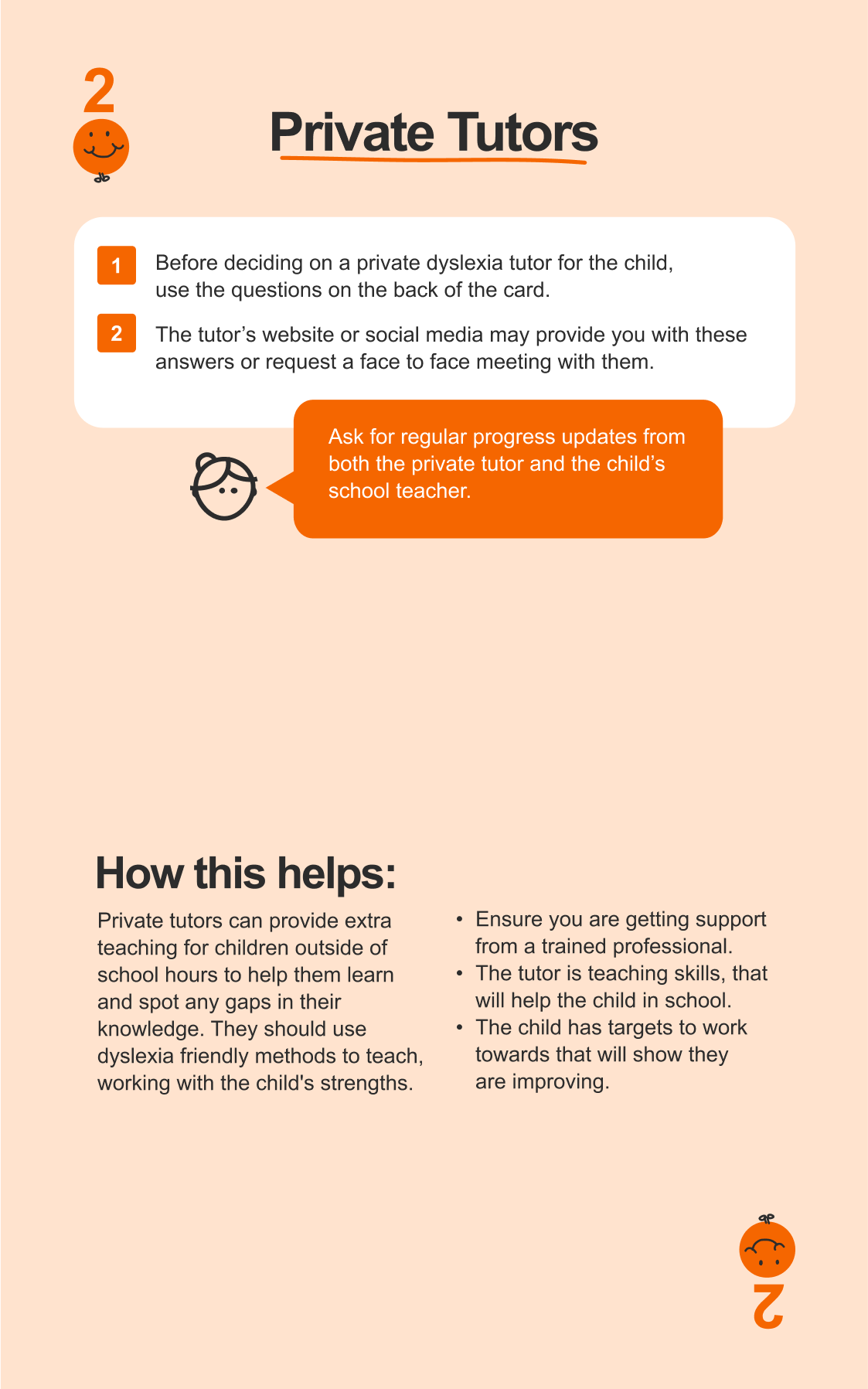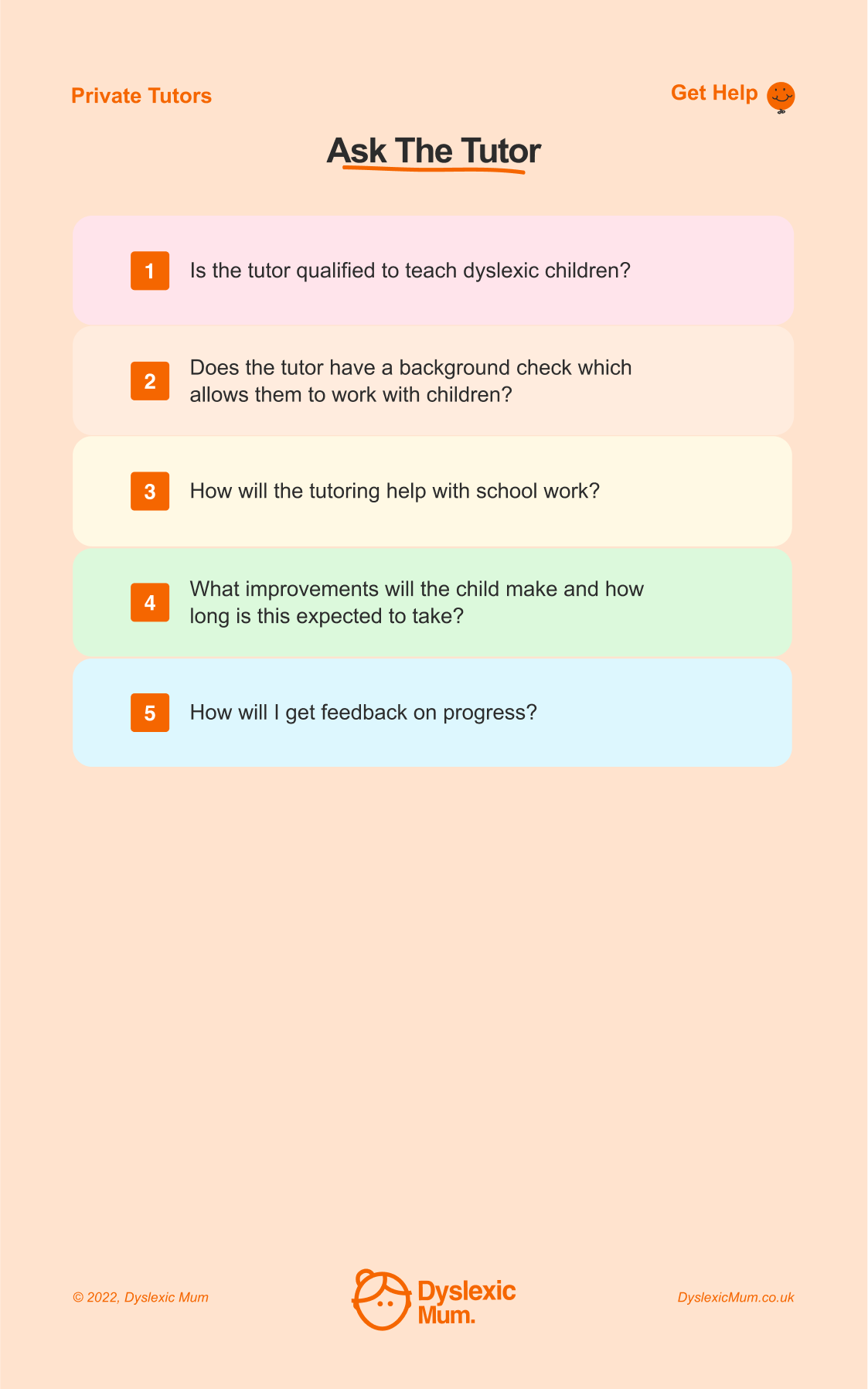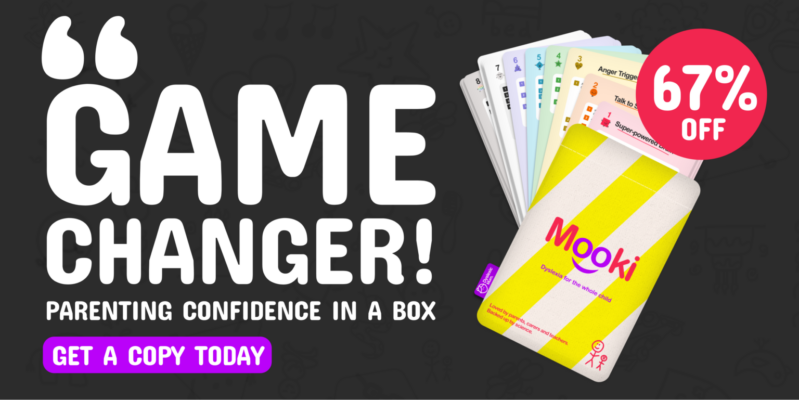Your basket is currently empty!
Top 10 questions to ask to help you get the right dyslexia tutor. Hiring a private tutor may seem like a good option, if a child needs extra help. They may have a big exam such as SATs coming up and their school may not be able to give them the extra help they need. A private dyslexia tutor can offer that extra support and help the child fill any gaps in their learning.
You may have seen glossy adverts on the internet for private dyslexia tutors. They can be expensive, so not all parents can afford them. It is scary because anyone can offer their services as a dyslexia tutor. When spending money on a tutor you want to be sure the tutor you have chosen is qualified and will do a good job. To help you make the right choice and to keep your child safe I have made the card below. If you would struggle to pay for a dyslexia tutor.
The rest of the “Mooki” card-deck includes everything you need to help your dyslexic child at home and is a fraction of the cost.
Private Tutors card
To get the right dyslexia tutor for a child use the “Private Tutors” card below. These Mooki Cards are based on scientific research, learn more “Monitoring children’s growth in early literacy”.


Trained and safe dyslexia tutors
When choosing a private dyslexia tutor for your child, ask the questions below:
- Is the tutor qualified to teach dyslexic children?
- Does the tutor have a background check which allows them to work with children?
- How will the tutoring help with school work?
- What improvements will the child make and how long is this expected to take?
- How will I get feedback on progress?
To learn more about finding a suitable dyslexia tutor see, “Finding a tutor”.
Watch the clickable video below where the Dyslexic Mum discusses questions to ask a private tutor:
Use the top tips below from the Dyslexic Mum to check that the private tutor is helping the child to progress:
- Multi-sensory Learning – A tutor working with dyslexic children. Should use dyslexic friendly teaching. Such as multi-sensory learning and make learning fun by playing games.
- Clear Goals – The child should be working towards clear goals, at a similar level to the work they have in class. You should be given feedback after every session, showing if your child is improving.
- Word Lists – The “Mooki” kit has loads of handy word lists to check if the child is improving, such as the “100 Words” card. A list of the 100 crucial words every dyslexic child needs to know, to be able to read 50% of most book.
Everything you need to help a dyslexic child. 56 cards with 10 minute activities. Perfect for using at home or in the classroom. Order your “Mooki Cards” here!

